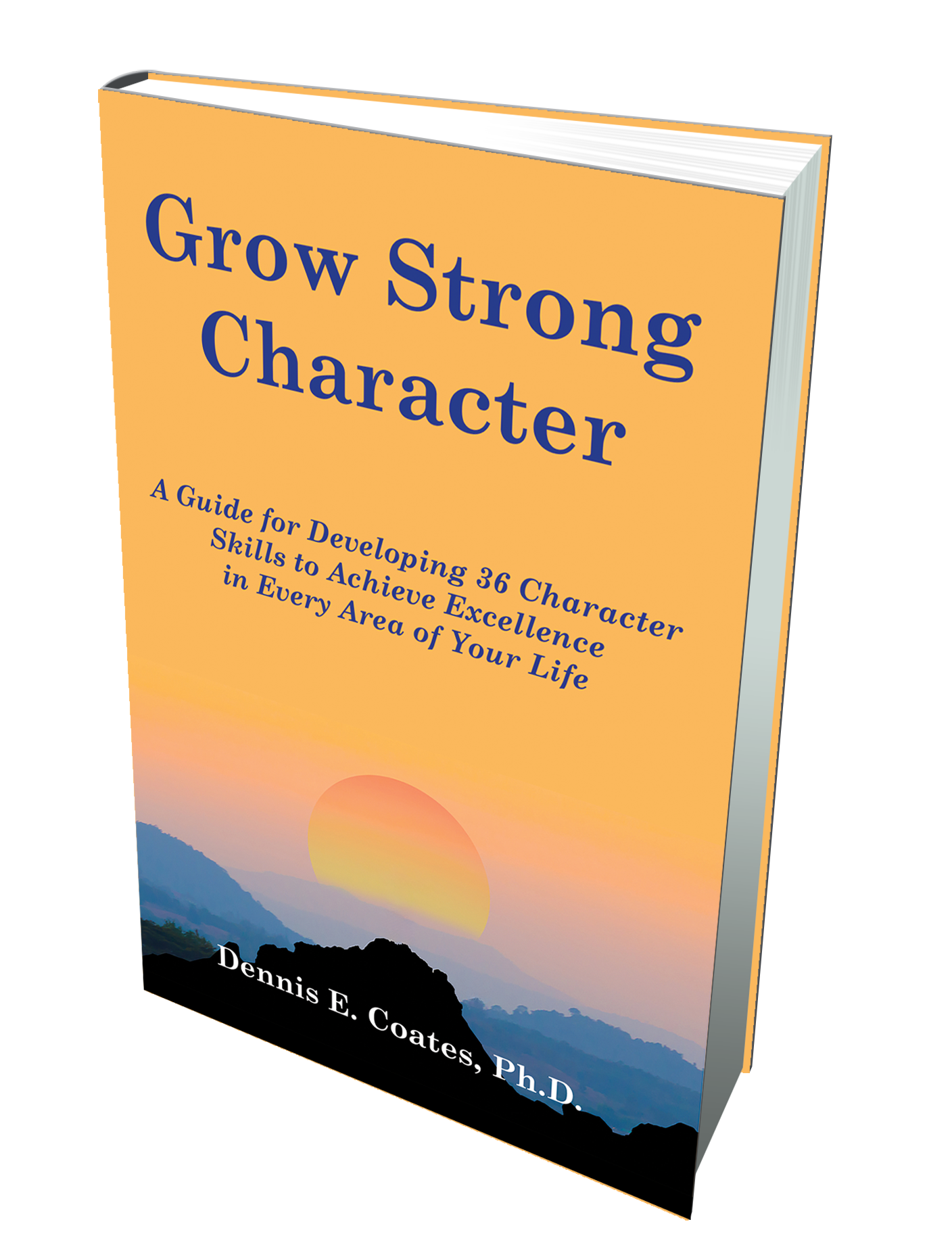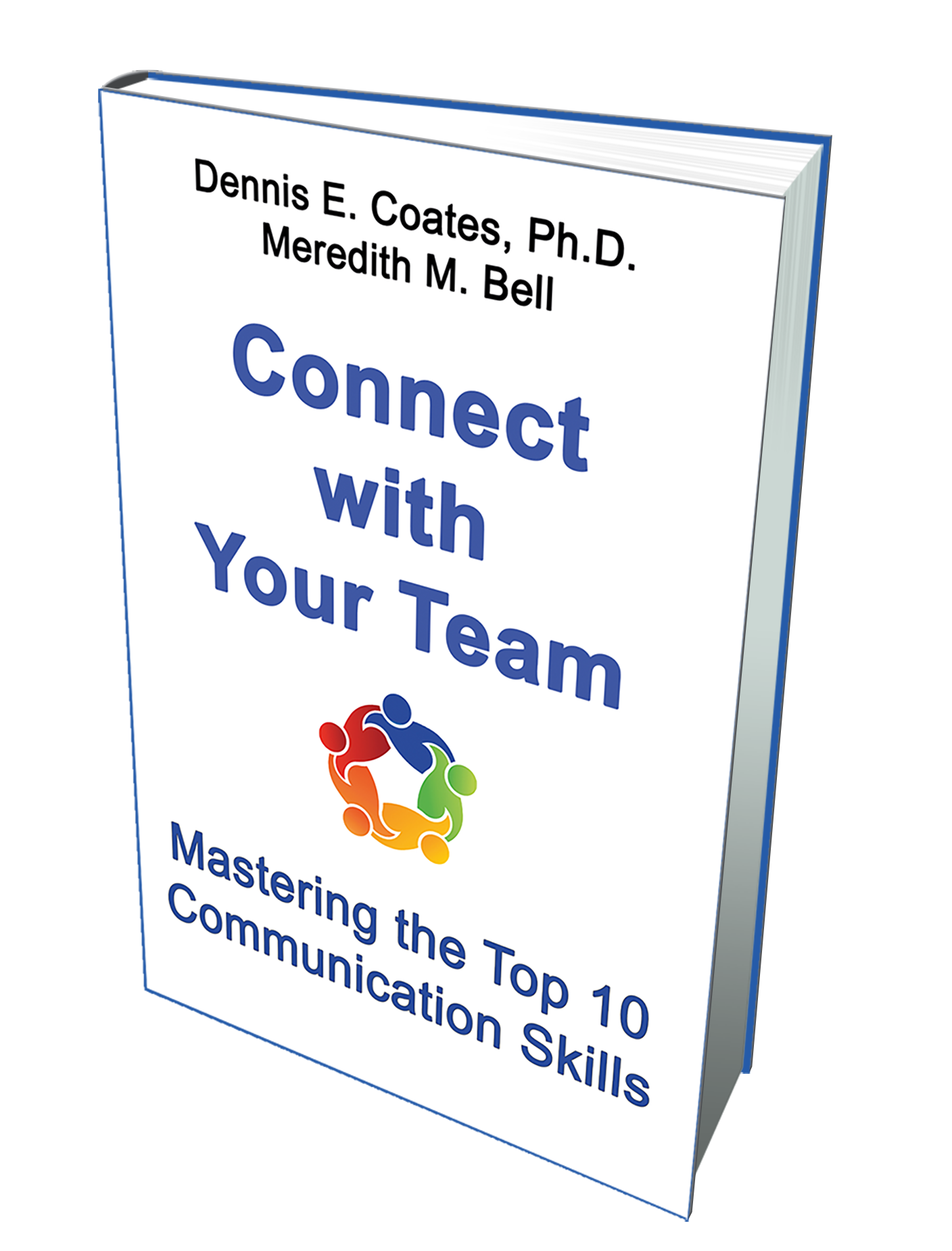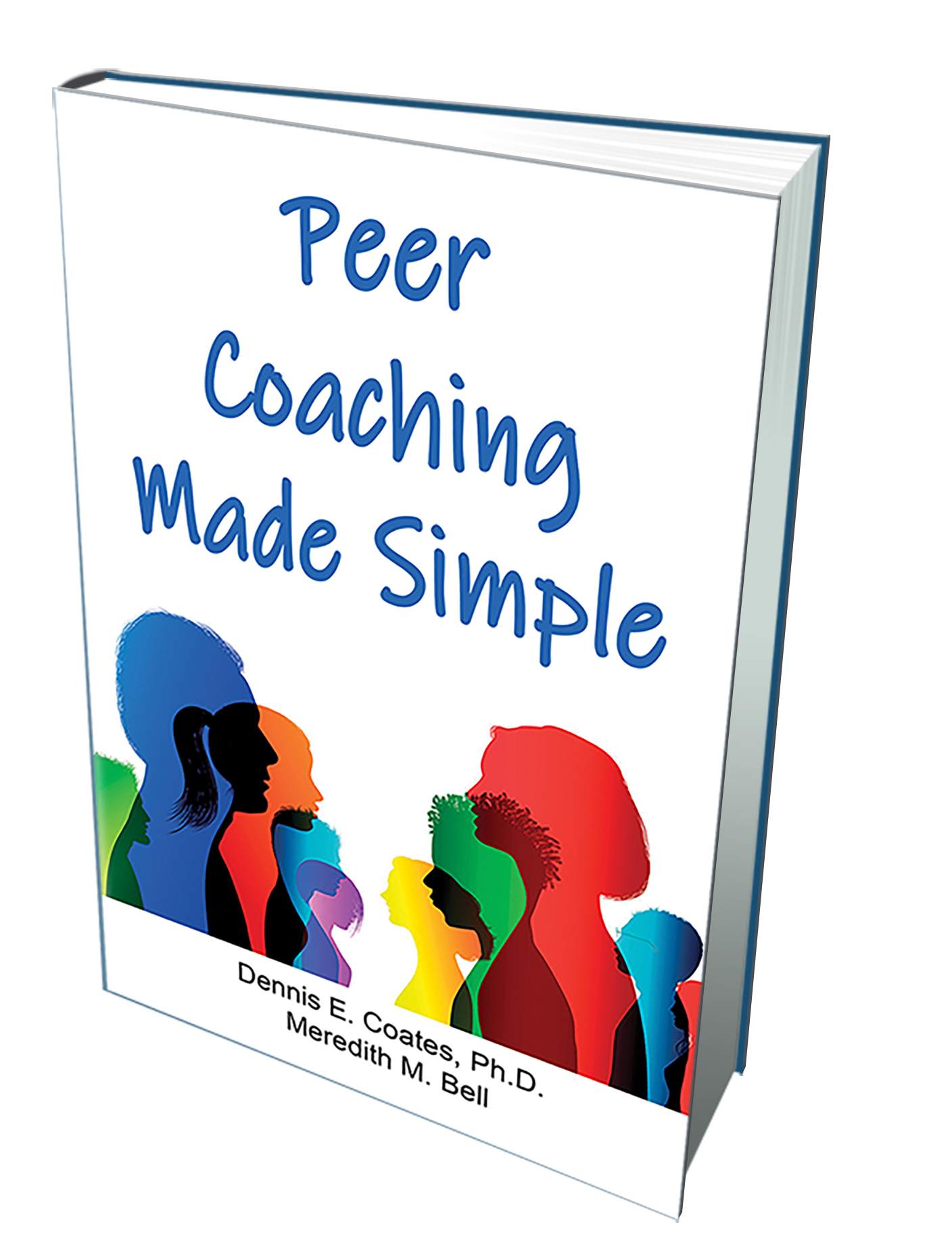319: Cultivating a Culture That Lasts
Company culture isn’t just a buzzword—it’s the foundation of an organization’s success or failure. Brad Federman shares how businesses can create a culture that balances people and results. He explains where many organizations go wrong when developing their values and why culture must be designed to outlast leadership changes. Brad also reveals how companies can avoid common pitfalls, such as tolerating bad behavior and adopting trendy policies without considering business needs.
We dive into practical strategies for aligning culture with business goals, reinforcing positive behaviors, and holding leaders accountable. Brad describes the importance of continuous culture audits and experiential activities that make culture tangible. Whether you’re a business leader, HR professional, or culture champion, this episode provides actionable insights to create an environment where employees thrive and customers stay engaged.
Brad is the founder of PerformancePoint, a firm dedicated to helping organizations engage employees, strengthen customer relationships, and cultivate resilient, collaborative cultures through effective leadership. With over 25 years of corporate experience, he’s worked with global companies like Hilton Hotels and Resorts, Nordstrom, and Mayo Clinic. Brad is an international speaker and the author of Cultivating Culture: 101 Ways to Foster Engagement in 15 Minutes or Less.
You’ll discover:
- The biggest mistakes companies make when defining their values
- Why culture must be stable, not built around a single leader
- How to hold employees and leaders accountable for culture
- The role of feedback and culture workouts in shaping workplace norms
- Strategies for overcoming resistance to cultural change
Watch the episode:
Brad’s Resources
Website
Books
Cultivating Culture: 101 Ways to Foster Engagement in 15 Minutes or Less
Related Podcast Episodes

Grow Strong Character
Dennis E. Coates, Ph.D.
Connect with Your Team
and Meredith M. Bell
Peer Coaching Made Simple
Dennis E. Coates, Ph.D.,
and Meredith M. Bell








